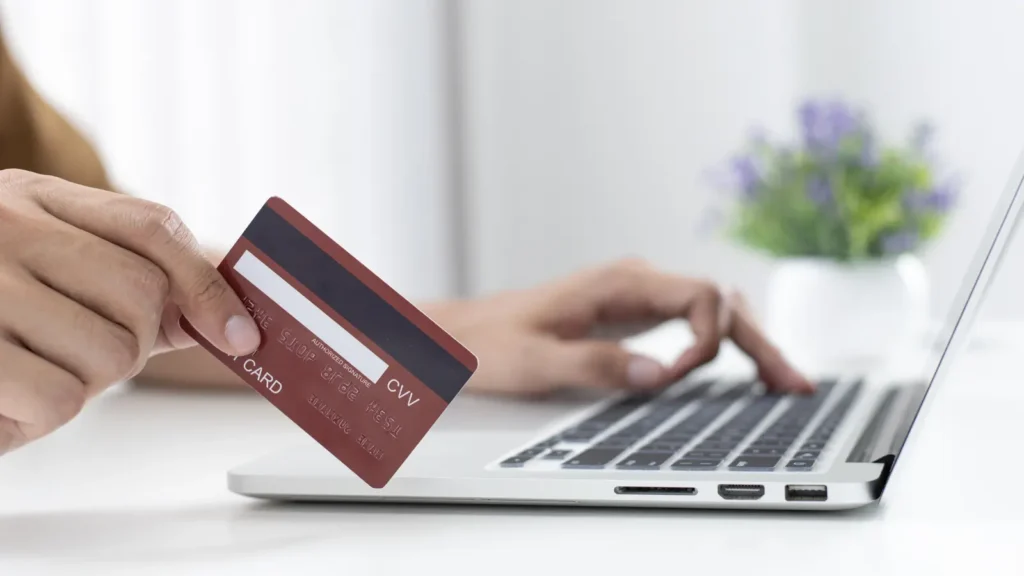In today’s fast-paced world, plastic rules the roost. Credit cards have become ubiquitous in our daily lives, offering convenience, flexibility, and purchasing power at our fingertips. But what exactly is a credit card, how does it work, and how can you get one? Let’s delve into the world of credit cards and unlock the secrets behind these tiny pieces of plastic.
The Basics of Credit Cards
At its core, a credit card is a financial tool that allows you to borrow money from a financial institution to make purchases, up to a predetermined credit limit. Unlike debit cards that draw money directly from your bank account, credit cards extend a line of credit, which you’re expected to repay at a later date, usually with interest if the amount isn’t paid in full by the due date.
How Credit Cards Work?
The workings of a credit card can seem complex at first glance, but they’re relatively straightforward once demystified:
Credit Limit:
Your credit limit is like a spending cap set by the credit card company. It’s the maximum amount of money you’re allowed to borrow using your credit card. Think of it as your spending boundary.
Making Purchases:
When you use your credit card to buy something, you’re essentially borrowing money from the credit card company to make that purchase. It’s like borrowing a friend’s money to buy a snack and promising to pay them back later.
Repayment:
After you’ve made purchases with your credit card, you’ll need to pay back the money you borrowed. This usually happens at the end of the month. You can either pay the full amount you owe or just a part of it. But remember, paying only a part means you’ll have to pay extra later due to something called “interest.”
Interest Charges:
Interest is like a fee you pay for borrowing money. If you don’t pay back the full amount you owe by the due date, the credit card company charges you extra money, called interest. It’s like paying rent for using someone else’s money.
Credit Score Impact:
Your credit score is like your financial report card. Every time you use your credit card and pay back what you owe on time, it’s like getting a good grade. But if you’re late with payments or borrow too much, it’s like getting a bad grade. Your credit score affects your ability to borrow money in the future. So, it’s important to use your credit card responsibly to keep your score high.
Understanding these basics of how credit cards work can help you manage your finances wisely and make the most out of your plastic buddy!
How to Get a Credit Card?
Obtaining a credit card requires careful consideration and responsibility. Here’s a step-by-step guide to getting your hands on one:
Check Your Credit Score:
First, you need to know how good your financial reputation is. Think of it as checking your grades before applying for a new school. You can do this by getting a free report online or asking a grown-up for help.
Research Different Cards:
Next, it’s time to look at the different credit cards available. It’s like choosing your favorite snack from a vending machine. Each card has its own perks and rules, so pick one that fits your needs and wants.
Apply Online or In Person:
Once you’ve found the perfect card, it’s time to apply for it. You can do this either online through the computer or in person at the bank. It’s like filling out a form to join a club – you’ll need to give some information about yourself, like your name and address.
Wait for Approval:
After you’ve applied, you have to wait for the credit card company to decide if they want to give you a card. It’s like waiting for a letter in the mail. This part requires some patience, but don’t worry – you’ll hear back soon.
Activate Your Card:
Once you receive your new credit card in the mail, it’s time to activate it. This means making it ready to use. You can do this by calling a special number or going online. It’s like turning on a new toy before you can play with it.
By following these steps, you’ll soon have your very own credit card, ready to help you buy things and build your credit history. Just remember to use it responsibly and pay your bills on time!
Final Thoughts
Credit cards can be powerful financial tools when used responsibly. They offer convenience, security, and the opportunity to build credit when managed effectively. However, it’s essential to exercise restraint and discipline to avoid falling into debt traps. By understanding how credit cards work and adopting healthy financial habits, you can harness the benefits of plastic while safeguarding your financial well-being.







